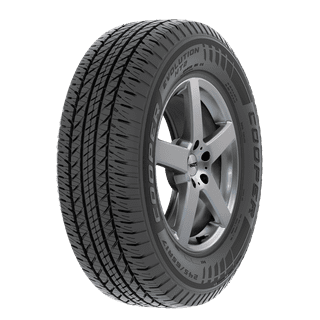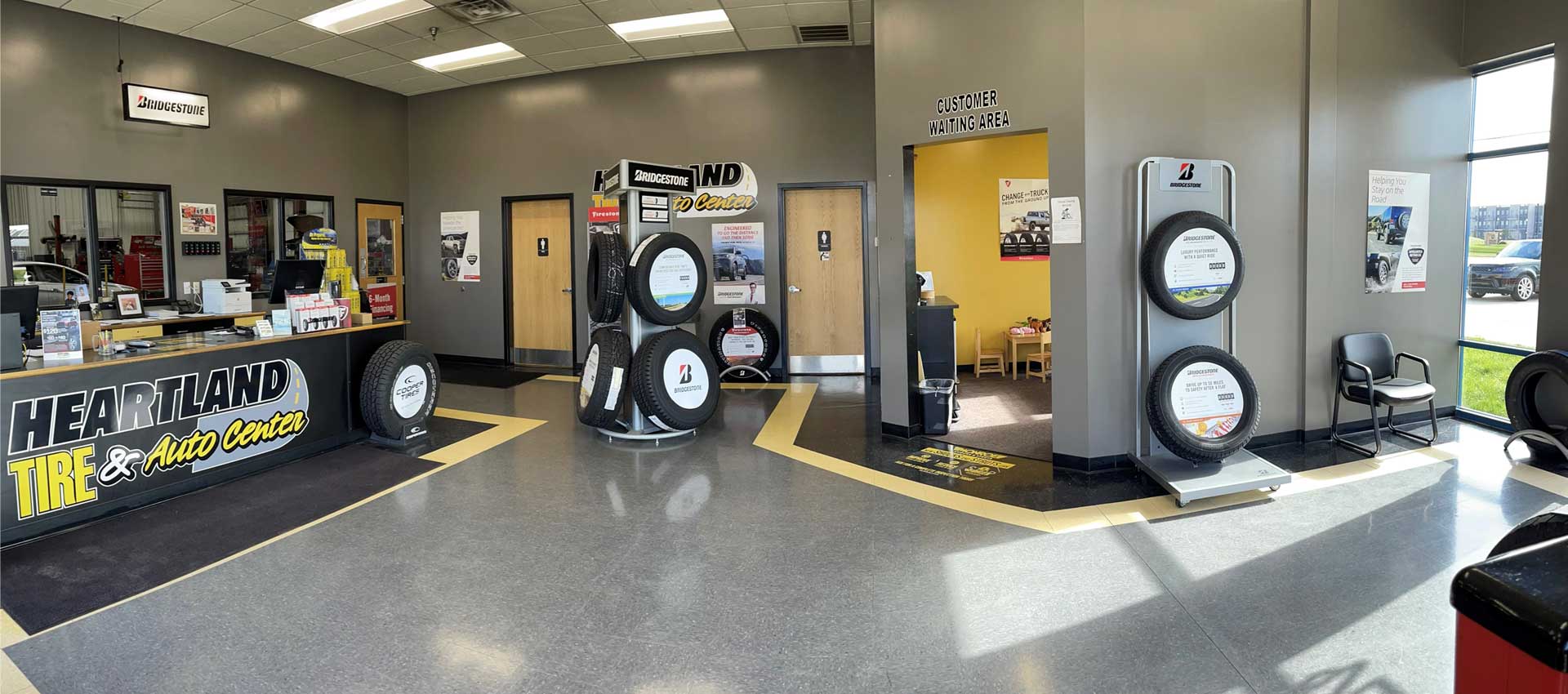Morris Tire and Alignment: Your Relied On Source for Reliable Service
Morris Tire and Alignment: Your Relied On Source for Reliable Service
Blog Article
Tire Service: Recognizing Tire Pressure Tracking Solutions
Understanding Tire Stress Monitoring Equipments (TPMS) is a crucial element of keeping optimal automobile performance and security on the roadway. With innovations in automotive innovation, TPMS has actually come to be a typical function in contemporary vehicles, providing real-time info on tire stress degrees.

Importance of TPMS
The significance of Tire Stress Surveillance Equipments (TPMS) depends on their capability to enhance lorry security and performance through real-time monitoring of tire pressure levels. Keeping the right tire pressure is important for guaranteeing optimal handling, stopping, and general safety and security of a vehicle. TPMS provides motorists with prompt comments on any type of overinflated or underinflated tires, permitting timely changes to be made.
Elements of TPMS
Sensors are generally situated in the tire valve stem or attached to the wheel assembly, where they gauge tire stress and transmit data to the control component. Some advanced TPMS designs also show the actual tire stress readings for each tire, giving vehicle drivers with real-time info to guarantee optimal tire performance and security. By keeping track of tire pressure continuously, TPMS helps protect against accidents, decreases tire wear, and enhances fuel efficiency, making it an essential component for car safety and performance. morris tire and alignment.
Kinds Of TPMS

On the other hand, indirect TPMS counts on the car's wheel speed sensing units to check tire pressure. This system spots underinflation by comparing the rotational rates of the wheels. Indirect TPMS is less pricey than straight TPMS, as it makes use of existing sensors within the vehicle.
While direct TPMS uses extra accurate readings, indirect TPMS is simpler in layout and typically requires much less upkeep. Both systems have their constraints and benefits, and the selection in between them often depends on aspects such as price, lorry make, and individual preference. Understanding the differences between these visit our website 2 kinds of TPMS can aid lorry owners make notified choices concerning tire maintenance and security.
TPMS Maintenance Tips
Conduct routine checks on the tire stress degrees and contrast them with the TPMS analyses to ensure they are consistent. Throughout tire rotation or substitute, make sure that the TPMS parts are handled meticulously to avoid any type of possible damage. If the TPMS advising light illuminates on the dashboard, address the issue immediately by examining the tire stress website link and the overall system for any faults.
Advantages of Proper Tire Pressure
Preserving proper tire stress, as emphasized in TPMS Maintenance Tips, is critical for reaping the numerous advantages related to optimum tire stress degrees. Among the primary benefits of keeping the correct tire pressure is boosted fuel performance. When tires are effectively blown up, there is much less rolling resistance, leading to better gas economy. Additionally, correct tire pressure makes certain even tire wear, extending the life-span of the tires and promoting safer driving conditions. With the appropriate tire stress, lorries likewise have much better handling and grip, particularly in negative climate condition. This can boost overall driving performance and security for the driver and passengers. Furthermore, keeping ideal tire pressure can contribute to a smoother and much more comfy adventure by decreasing vibrations and noise triggered by underinflated tires. To conclude, the advantages of appropriate tire stress web link surpass just tire long life; they encompass enhanced gas performance, enhanced security, much better automobile efficiency, and overall driving comfort.
Conclusion
In conclusion, understanding tire stress tracking systems (TPMS) is vital for maintaining optimal tire stress and ensuring car safety and security. By recognizing the significance of TPMS, recognizing with its parts, recognizing the different kinds offered, sticking to appropriate maintenance tips, and realizing the advantages of keeping appropriate tire pressure, drivers can improve their driving experience and prolong the life-span of their tires. Proper tire stress is key to secure and effective car operation.

Report this page